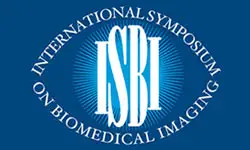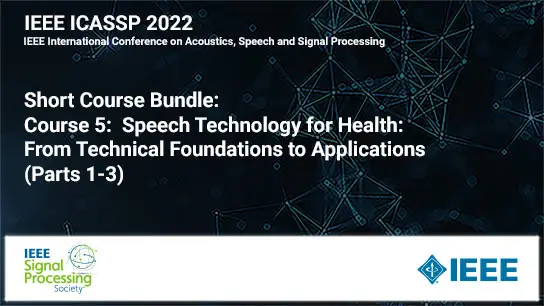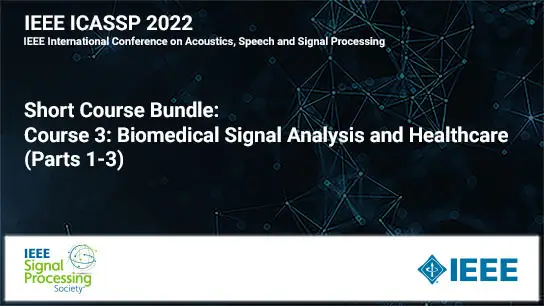Purecomb: Poisson Unbiased Risk Estimator Based Ensemble Of Self-Supervised Deep Denoisers For Clinical Bone Scan Image
Hanvit Kim, Si Young Yie, Se Young Chun, Jae Sung Lee
-
Members: FreeSPS
IEEE Members: $11.00
Non-members: $15.00Length: 00:04:08
28 Mar 2022
Bone scan is a clinical practice which is performed in nuclear medicine to evaluate skeletal lesions or bone metastases. Reducing scan time is desirable due to faster throughput of gamma camera and reducing potential patient movement, but leads to increased noise. Some of the recent self-supervised deep denoisers such as Noise2Noise (N2N) and Poisson unbiased risk estimator (PURE) can be good candidates for reducing Poisson noise in nuclear medicine planar images. Here we investigate self-supervised deep denoisers for Poisson noise to boost the performance of denoising. Firstly, we propose to extend PURE to accommodate two correlated noisy images (ePURE) to self-supervisedly train a deep denoiser. Then, we propose PUREmap that measures the uncertainty of incoming noisy input image to ensemble the outputs of deep denoisers trained with N2N and our ePURE. Our proposed method was evaluated with whole body planar bone scans of 326 patients (200 for training and 126 for testing) with and without lesions, yielding comparable denoising performance only with 20% of full count to the deep denoiser that was supervisedly trained with full count images (N2F) while showing lower uncertainty on various count level (5%~30%) compared to N2F.



